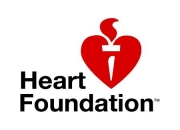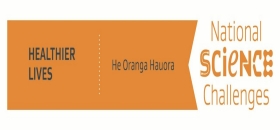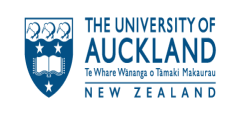Cardiovascular disease, which includes heart disease and stroke, is a leading cause of death in New Zealand. There are significant differences in health outcomes between population groups in NZ, with Māori almost twice as likely to have diagnosed coronary artery disease, and 1.3 times more likely to have had a stroke. Age-specific coronary artery disease mortality rates are 2 to 3 times higher for Māori and Pacific peoples compared with non-Māori and non–Pacific.
Heart attacks, medically now termed acute coronary syndromes, are experienced by about 20,000 New Zealanders each year. Traditional risk factors such as smoking, high blood pressure, elevated cholesterol levels and diabetes are important in contributing to the causes of heart disease but approximately 50% of the susceptibility to coronary artery disease is genetically based. We are now entering the “genomic era” where the ability to unravel what our genetic information means is now cheaper and easier. The disparity in heart health outcomes in some ethnic groups, for example Māori and Pacific peoples, the high incidence of premature heart disease, and the epidemic of obesity and diabetes, create a need for better understanding of the genetic and gene-environment interactions for people with heart disease in NZ.
MENZACS, the Multi-Ethnic New Zealand Study of Acute Coronary Syndromes, is a case-control study with the goal to gain better understanding of factors that predispose certain individuals to a high risk of developing heart disease. The study aims to understand genetic factors and gene-environment interactions that contribute to disease, outcomes and response to therapy in New Zealand’s ethnically diverse population presenting with heart attacks.
The study aims to involve 3000 patients presenting with first-time heart attacks to hospitals in NZ. The study began in July 2015 and is recruiting patients at Auckland City Hospital, Middlemore Hospital, Waikato Hospital and Christchurch Hospital. In addition, 3000 healthy controls will be recruited from primary practice. The study involves some simple questions about food, lifestyle and family history, and giving a blood sample for genetic and biomarker analysis.








